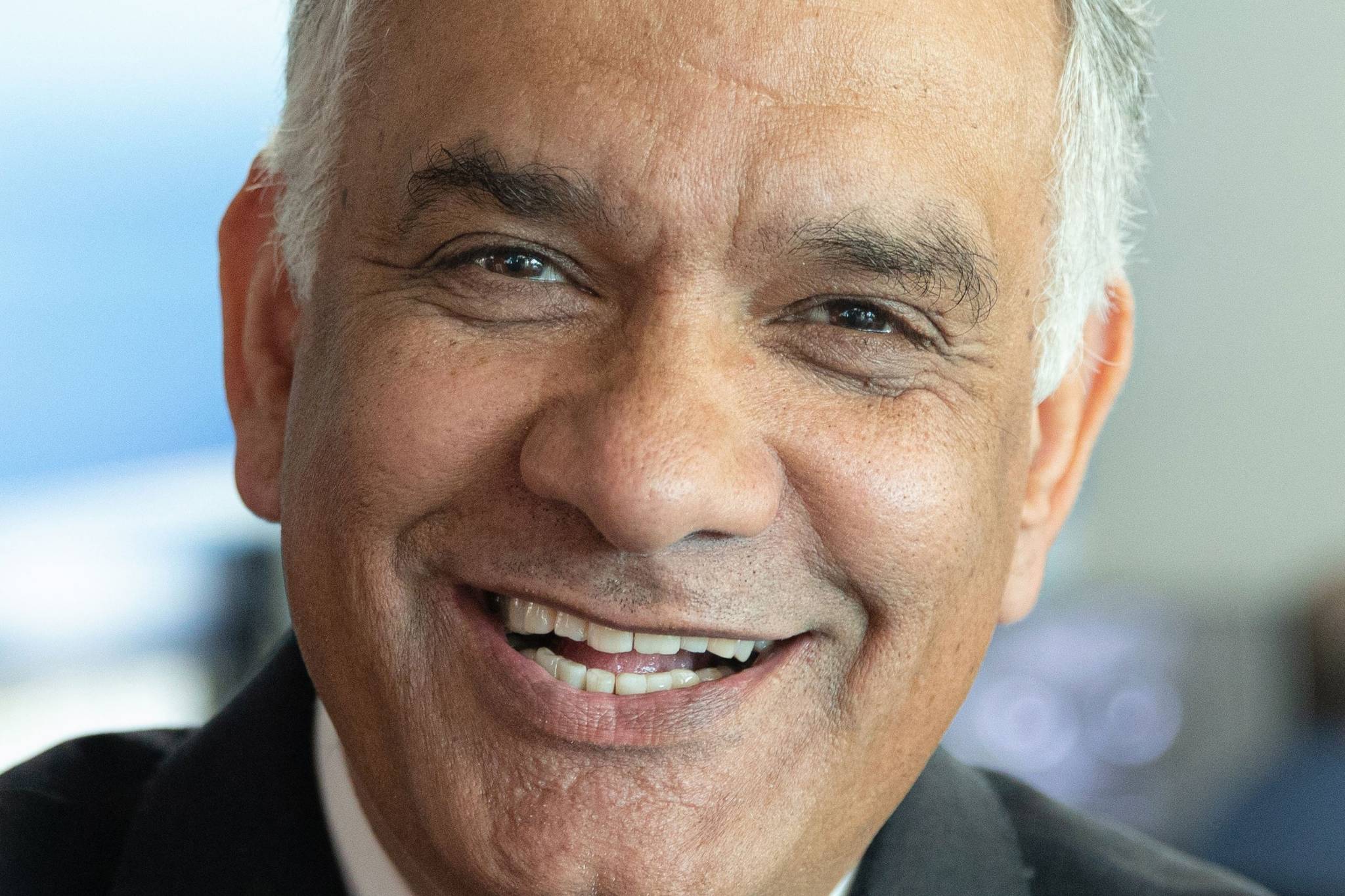Think your nest egg alone will be enough create the retirement you want? Think again.
When you think about retirement planning, what comes to mind?
For most Americans, money comes to mind. We are taught that retirement planning is financial planning. We are taught that if you have enough money, everything else will be okay. If you scrimp and save and do everything right, your retirement can be like what you see the people doing in the financial planning brochures. You can travel the world, bike in Tuscany, and watch sunsets from the beach.
Yes, your retirement can be like that. You may live the good life for a while, but it probably won’t last forever, since more than two thirds of adults over 65 will need long-term care at some point in their lives.
Don’t bank on money alone to give you the kind of retirement you hope for. Money is just one of many factors in the retirement planning equation. Health, housing, legal, and family issues are equally important, yet the traditional financial-centric approach doesn’t address them.
Aging creates problems that money can’t solve. If you find this hard to believe, I invite you to consider the story of American Top 40 radio personality Casey Kasem. His estate was valued at more than $80 million, yet that didn’t keep him from dying alone in a nursing home with his loved ones arguing over him. “My father wanted to be at home,” Casey’s daughter, Karrie, told me. “He had enough money to have caretakers 24 hours around the clock in his home. He was moved from facility to facility. We couldn’t find him so we couldn’t visit. He was alone, sick, and scared.”
Let me say it again. Money alone is not enough to create the retirement you want.
The solution is to create a retirement plan that addresses more than just the money, one that works to preserve your health as you age, gives you the ability to live where you want when your health fails, covers all the legal bases, and keeps you from becoming a burden to your family.
In fact, if you do the right kind of planning, you can have a successful retirement on less money than you might think. What matters more than your account balance is whether you have a plan for how your money will be used. What is your plan to protect your money if you need to move to a facility, given that it can cost up to $10,000 per month? What is your plan to avoid having your kids end up as your unpaid caregivers who have to guess about your wishes? What is your plan to stay in control of where you live as you age?
Plan for more than just the money. It’s the only way to make sure that your retirement dreams don’t turn into retirement nightmares.
Lawyers and financial planners can’t solve all your problems
If you are convinced that your financial portfolio and your estate plan will be enough to guarantee the retirement of your dreams, think again.
Would you buy a product or service knowing that it had a 70% chance of failure?
Most people wouldn’t, yet most Americans plan for retirement using an approach that fails 70% of the time.
Retirement plan failure isn’t pretty. Your health fails and you’re force to move to a nursing home. Your estate is eaten up by uncovered care costs. You end up becoming a burden to your family.
No one wants these outcomes, yet that’s how retirement will turn out for most of us.
Why does this happen? Lack of coordination during the planning process is one reason. People typically turn to lawyers and financial planners to help them prepare for retirement. These professionals may do great work on their own, but if their planning efforts aren’t coordinated, your retirement plan will fail.
For instance, your financial planner may recommend that you buy lifetime income annuities to insulate your nest egg from market fluctuations. This is great advice…until your health fails. When you become incapacitated and need long-term care, those annuities could prevent you from accessing public benefits like Medicaid, which means will that you will have foot the bill yourself. With care costing as much as $100,000 per year, your assets will be gone in no time. This is retirement plan failure, and it could have been prevented if your financial advisor and your lawyer had coordinated their planning efforts.
Here’s another example: Traditional retirement planning advice is one-dimensional; it’s focused on wealth accumulation and buying the right long-term care insurance. Aging, on the other hand, is anything but one-dimensional. When your health fails, you will experience a cascade of housing, financial, legal, and family problems, problems that money alone can’t solve. Just ask the families of famous people like Glen Campbell, Tim Conway, and Casey Kasem. They had large fortunes, yet they died in institutions. Money can’t prevent you from ending up in an institution, and it can’t prevent you from becoming a burden to your family. If this happens to you, your retirement plan has failed.
Retirement plan failure may happen 70% of the time, but it is 100% avoidable if you do the right kind of planning. The secret is to create a coordinated plan for your health, housing, financial, and legal well-being, which always involves more than just your financial advisor or your lawyer.
Rajiv Nagaich is an elder law attorney, author, adjunct law school professor, and retirement planning visionary who has achieved national recognition for his cutting-edge work with retirees and his contributions to the practice of elder law. He is the founder of two firms based in Federal Way: Life Point Law, an elder law and estate planning firm, and AgingOptions, a firm that provides retirement-related education to consumers and professionals. For more information, visit AgingOptions.com, LifePointLaw.com or call 877-762-4464.


